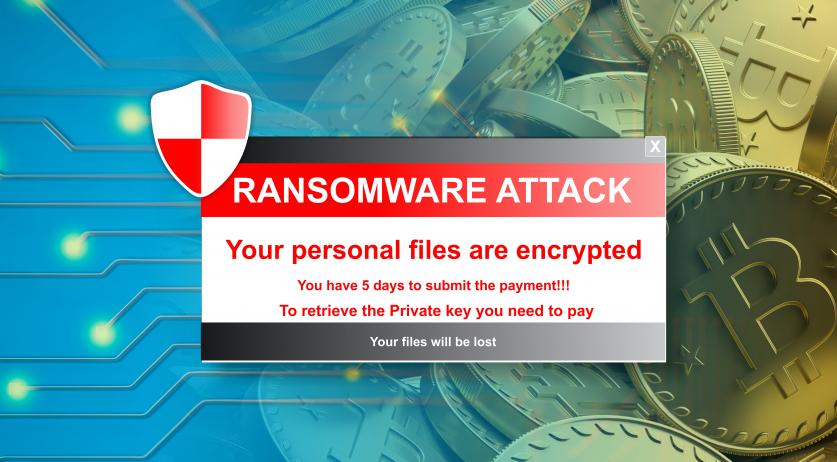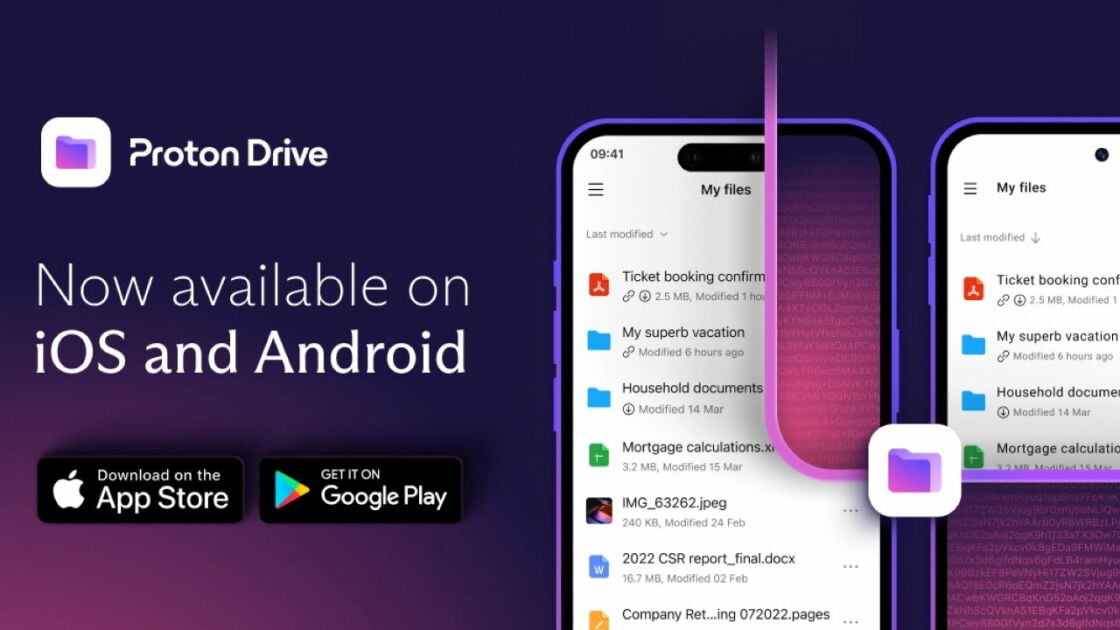Tank storage company Vopak hacked, Ransomware groups report
Several parties monitoring hacker groups reported that the tank storage company Vopak has been the victim of the hostage software Ransomware in Malaysia. The attack was reportedly exceeded by a hacking group linked to Russia, RTL Nieuws wrote . Key business information, including the company’s tank infrastructure and systems, was allegedly captured. However, Vopak claimed that its business operations in the Netherlands have not been compromised.
On Twitter the tank storage company wrote that “We can confirm that at Pengerang Independent Terminals (PTSB) in Malaysia there is an IT incident that resulted in the unauthorized access of some data. The terminal continues to operate. The incident is being investigated. We apologise for any inconvenience.”
Data-leak. We can confirm that at Pengerang Independent Terminals (PTSB) in Malaysia there is an IT incident that resulted in the unauthorized access of some data. The terminal continues to operate. The incident is being investigated. We apologise for any inconvenience.
— Vopak in Nederland (@Vopak_Nederland) April 22, 2023
“Unauthorized persons have gained access to our data”, confirmed Vopak. “The incident is being investigated, we apologize for any inconvenience,” RTL Nieuws reported.
Apparently, Vopak got hacked by the Ransomware group BlackCat, which has become known for publishing stolen images of breast cancer patients, according to the television programme.
Vopak is known for storing fossil fuels such as oil and liquefied natural gas (LNG). The listed company, whose history dates back to 1616, operates in the Netherlands with terminals in the port of Rotterdam and Eemshaven in Groningen. It also operates in dozens of countries worldwide.
The so-called “hostage software” ransomware is used by hackers to lock down companies’ systems. If they do not pay, those systems will not be unlocked or the captured information will be sold or published. This week, it also became known that the KNVB football association was a victim of such a hack.




 Beskar Ingot Bits and Bytes! Hands On With Seagate’s Mandalorian-Themed Hard Drive and M.2 SSD
Beskar Ingot Bits and Bytes! Hands On With Seagate’s Mandalorian-Themed Hard Drive and M.2 SSD